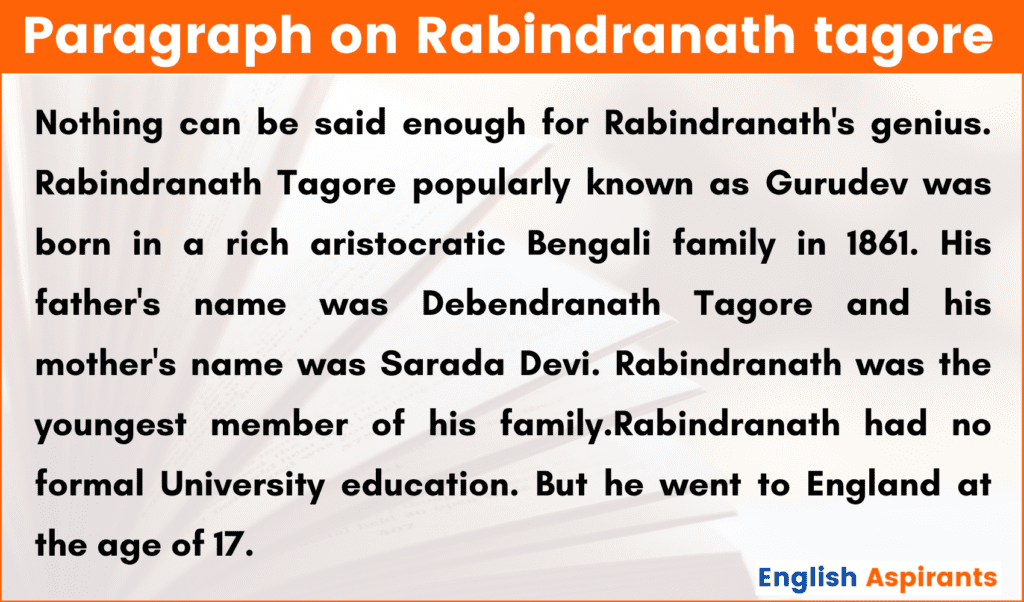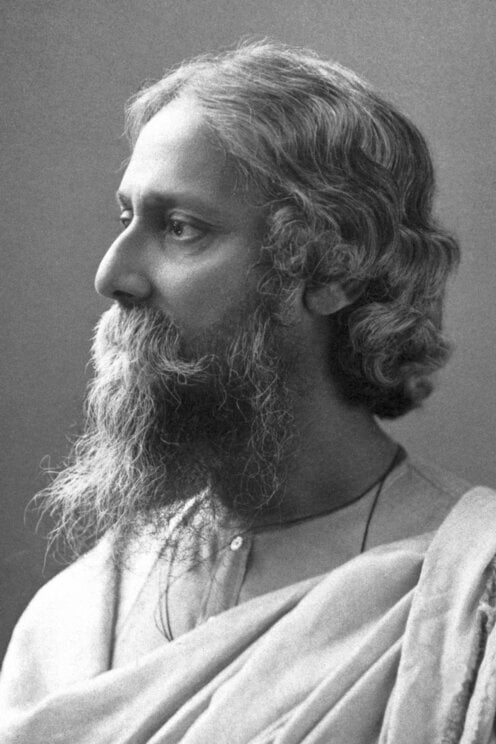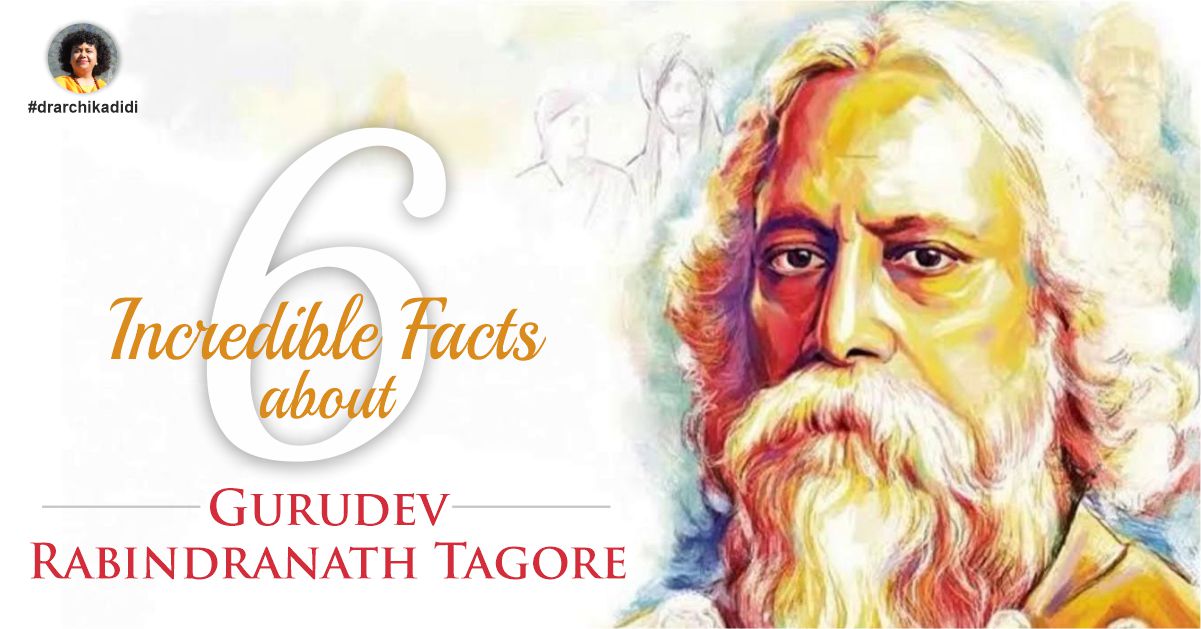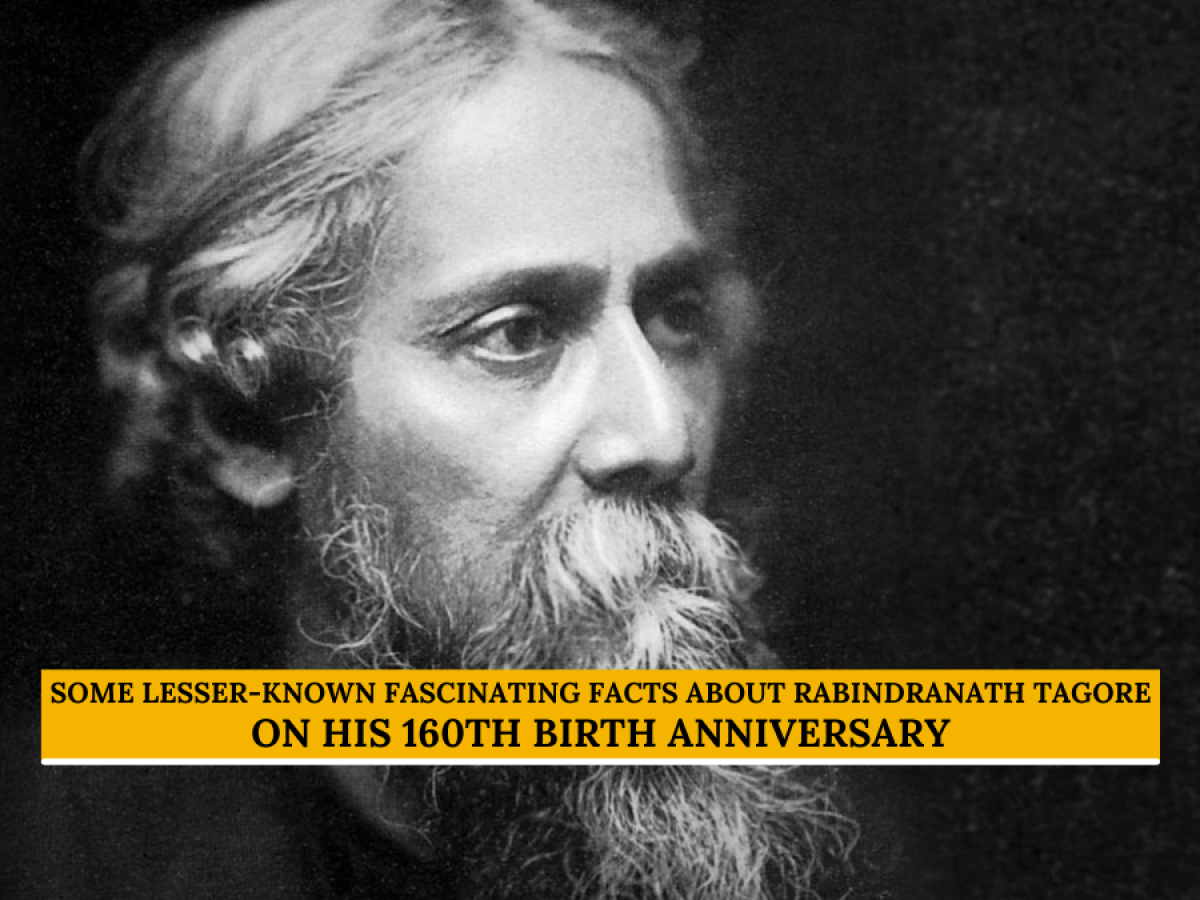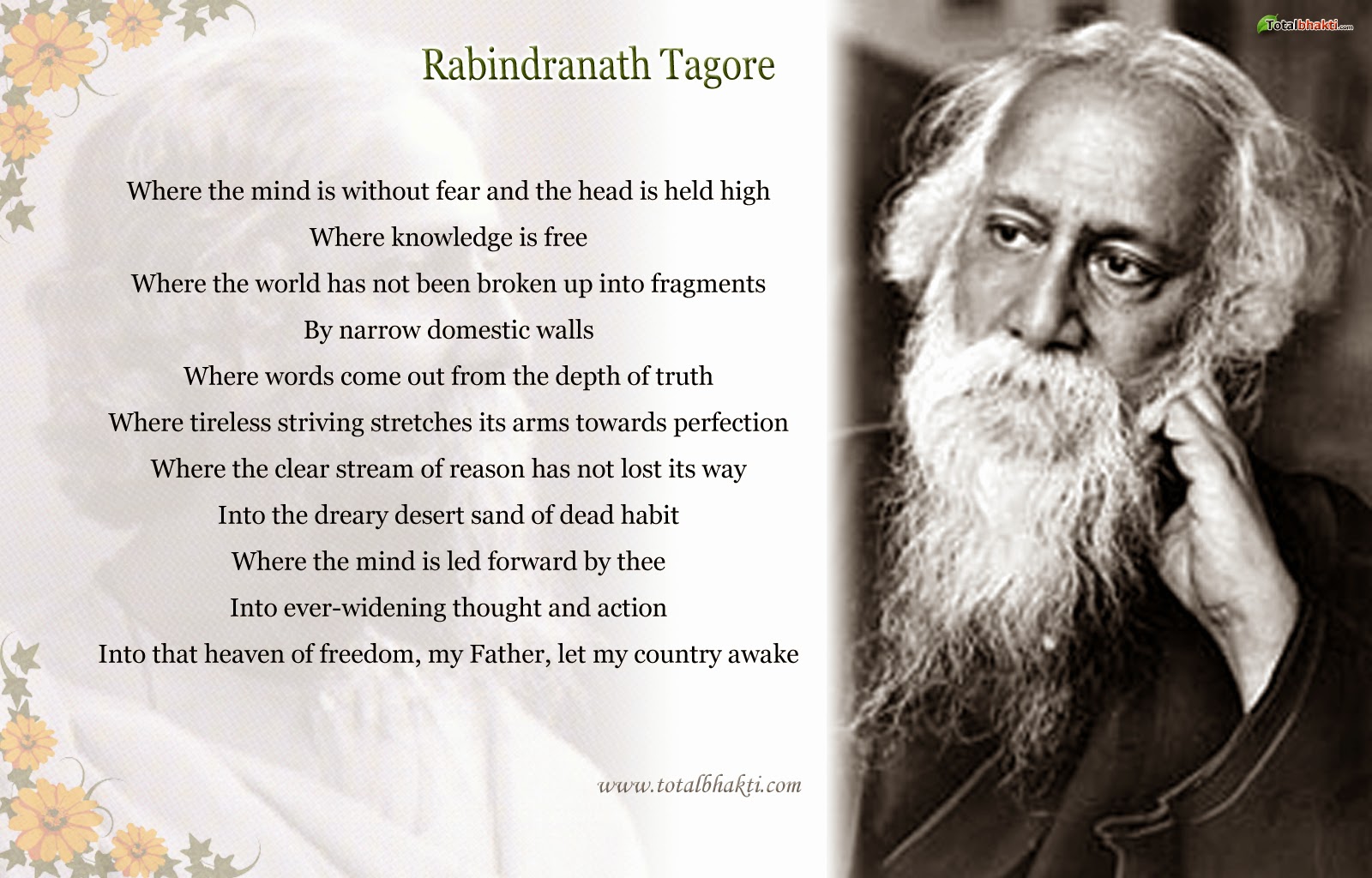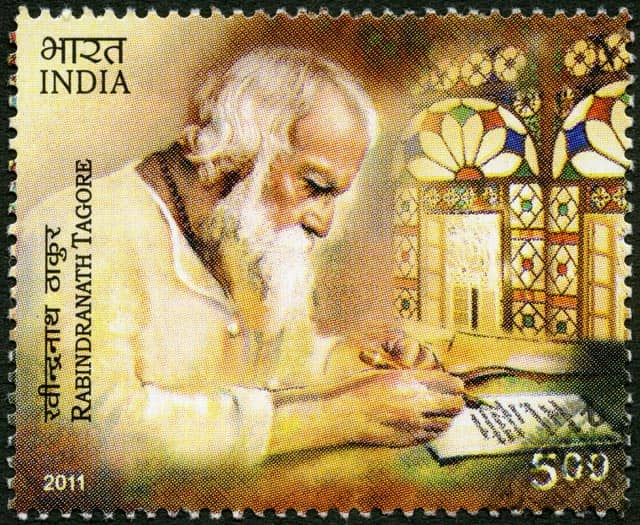Rabindranath Tagore was a Bengali polymath and one of the most influential figures in modern Indian history. He was a philosopher, artist, and political leader who made significant contributions to literature, education, and the Indian independence movement.
Tagore was born in Calcutta, India in 1861 and was the youngest of thirteen children. He received a traditional education in Bengali literature and Hindu scriptures, but he also had a strong interest in western ideas and literature. Tagore traveled extensively throughout his life, and his exposure to different cultures had a profound influence on his thought and work.
Tagore is best known for his contributions to literature, particularly his poetry and short stories. He wrote in both Bengali and English, and his works were widely translated. In 1913, he was awarded the Nobel Prize in Literature for his collection of poems titled "Gitanjali," which means "song offerings" in Bengali. His poetry and fiction are characterized by their deep spiritual themes and their exploration of the human condition.
In addition to his literary achievements, Tagore was also a social reformer and an advocate for the education of women and the downtrodden. He believed in the importance of education as a means of empowering individuals and creating social change. In 1901, he founded an experimental school in Calcutta called Visva-Bharati, which became a center for the study of literature, philosophy, and the arts. The school was based on the principles of freedom and self-expression, and it attracted students from all over the world.
Tagore was also actively involved in the Indian independence movement and was a close friend and collaborator of Mahatma Gandhi. He believed in non-violent resistance and advocated for India's independence from British rule. His writings and speeches inspired many Indians to join the fight for independence, and he is remembered as an important figure in the struggle for freedom.
In conclusion, Rabindranath Tagore was a multifaceted and influential figure who made significant contributions to literature, education, and the Indian independence movement. His ideas and works continue to inspire and influence people around the world to this day.
